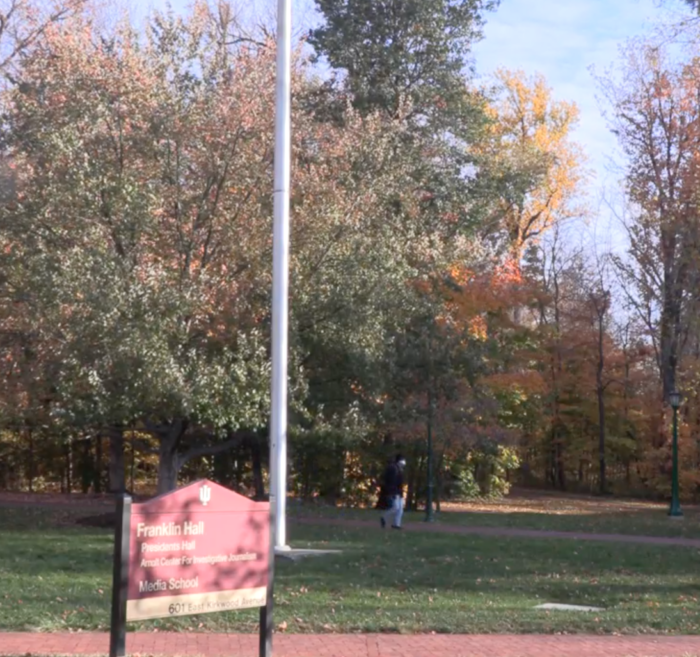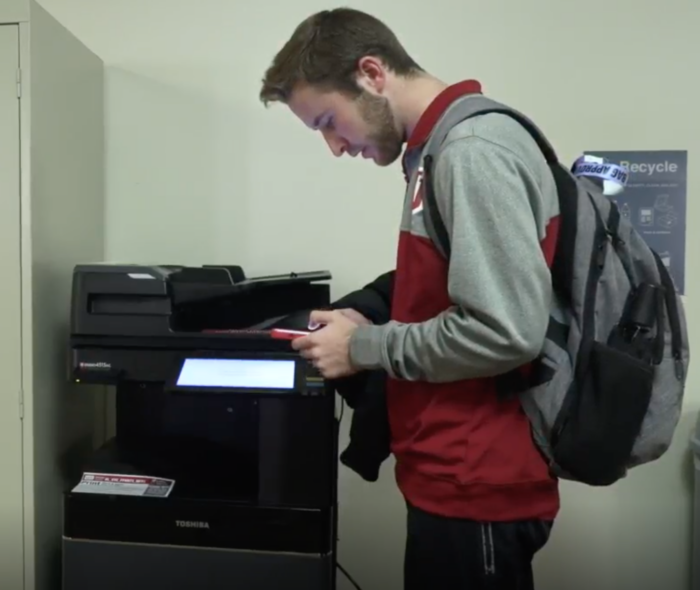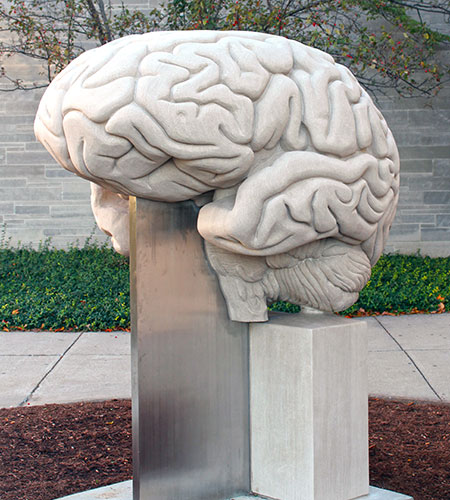When the weather begins to change in Bloomington, IN, it usually signifies the upcoming basketball season. Excitement is at an all time high, and IU senior Hayden Smith cannot wait to spend the next few months reporting and broadcasting for the team.
However, the change in the seasons also brings another challenge into Hayden’s life. His mood begins to dip, motivation is at an all time low, and he simply does not feel like himself. One of the main causes of this is Seasonal Affective Disorder, a form of depressions that starts and finishes with a direct correlation to seasonal patterns.
“Usually when the weather starts to get colder is when I start to feel different,” Smith said. “It’s hard to explain why but usually every year like clockwork i find myself more down this time of year.”
The change in mood could not come at a worse time for Smith, as his workload is at an all time high around the end of fall. Media days, broadcast prep, and scheduled games fill up his calendar making for an extremely busy week. However, Smith understands and prepares for these challenges accordingly.
“I know that I’m going to have a lot on my plate, more than I ever have before this year,” Smith said. “But I can’t let that get in the way of making sure my mental health is in the right place. Sometimes you need to take a step back from everything you’re doing and decompress.”
Hayden Smith and Mental Health Therapist Dessie Kammer both speak on their experiences with Seasonal Affective Disorder.
Dessie Kammer is a former school counselor who knows practices as a licensed Mental Health Therapist. Seasonal Affective Disorder is a condition she is very familiar with. She regularly pushes for people to acknowledge this potential change in mood and understand that it is not something to be ashamed of.
“We wouldn’t feel bad about being sick in other ways,” Kammer said. “So feeling a bit down and not yourself is completely normal and not something to hide.”
For most people dealing with Seasonal Affective Disorder, Kammer recommends spending as much time as possible with people and soaking in plenty of sunlight. The lack in available day light is one of the main detriments that contributes to Seasonal Affective Disorder, so taking advantage of sunlight when you can is important.
“It’s easy to want to stay inside and feel gloomy,” Kammer said. “Making sure you have as much contact as possible is going to force you outside your comfort zone, allow you to open up, and hopefully make those symptoms feel better.
Kammer recommends anyone who experiences the symptoms of Seasonal Affective Disorder to reach out to a professional or contact mental health support at a university.

IU Bloomington's campus experiences plenty of changes with the seasons, including the color of the leaves.

IU senior Hayden Smith prints his call boards for his basketball broadcast.

The Morgan Swain Student Building Clock serves as a reminder of the dwindling daylight.

The world's largest anatomically correct brain sculpture outside IU's Psychology Building.
Around 5% of adults suffer from Seasonal Affective Disorder in the United States, according to the American Psychiatric Association, making this an extremely common and relatable experience. College students also face a unique risk, as symptoms typically begin showing around the age of 20. Many individuals deal with symptoms for the first time while away at school.
IU offers multiple resources for anyone experiencing mental health issues including their Counseling and Psychological Services website as well as their Department of Mental Health Services website. Kammer believes the busy lives of students can occasionally interfere with making sure mental health is accounted for.
“Always pay attention to what your mind is trying to tell you,” Kammer said. “As a student, keeping track of your own mental health is essential.”








